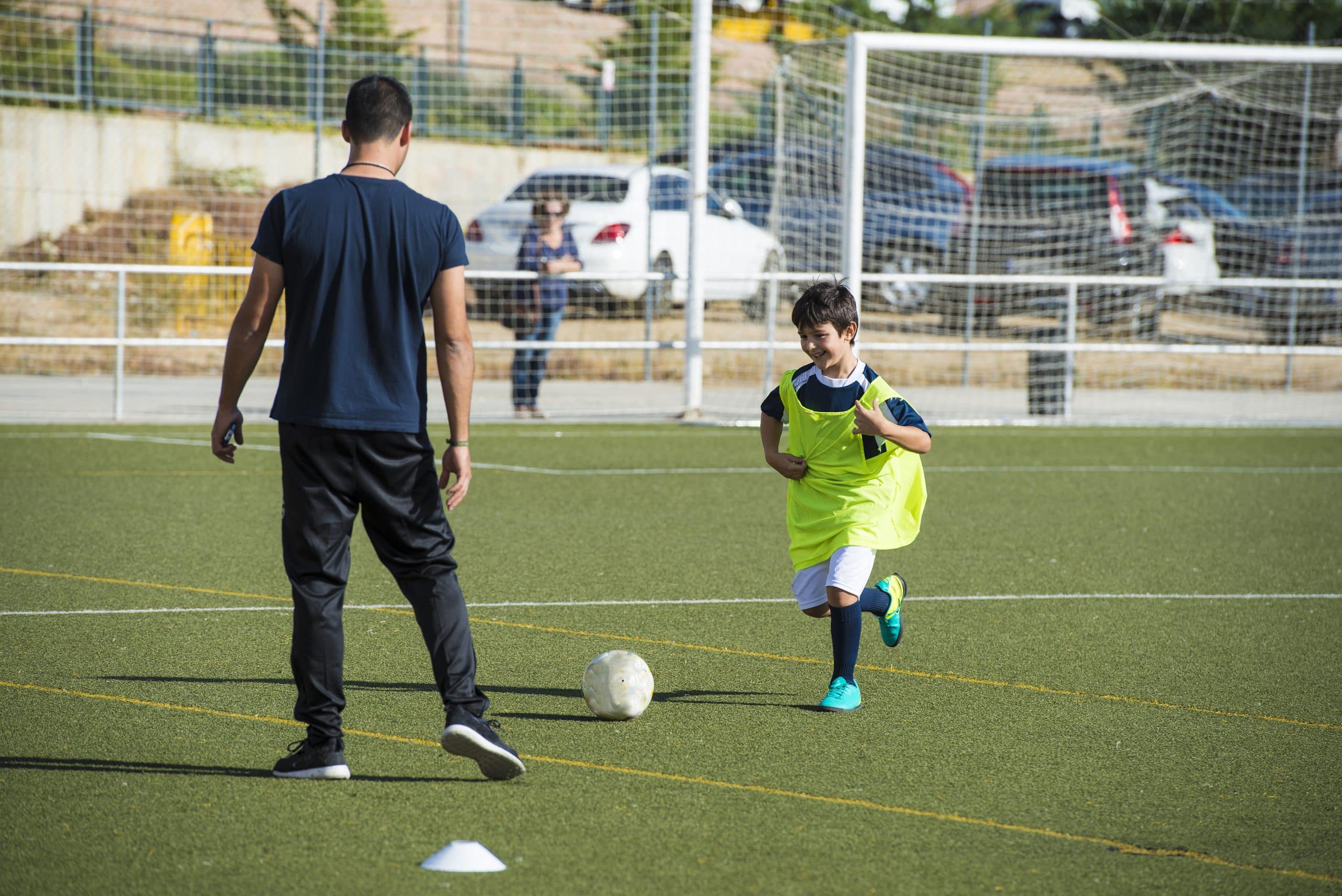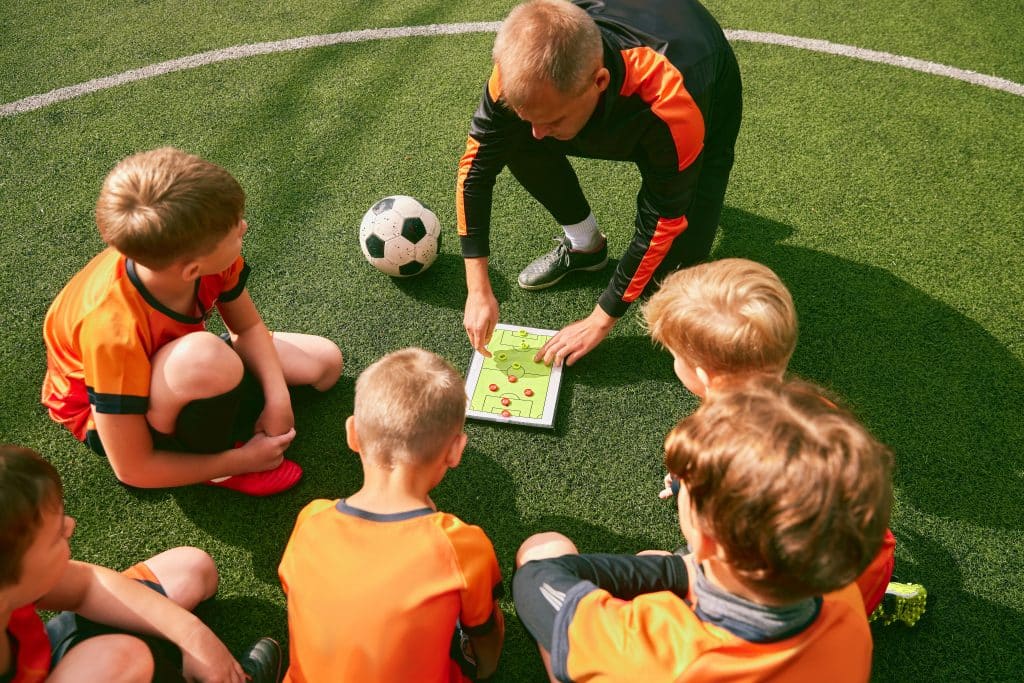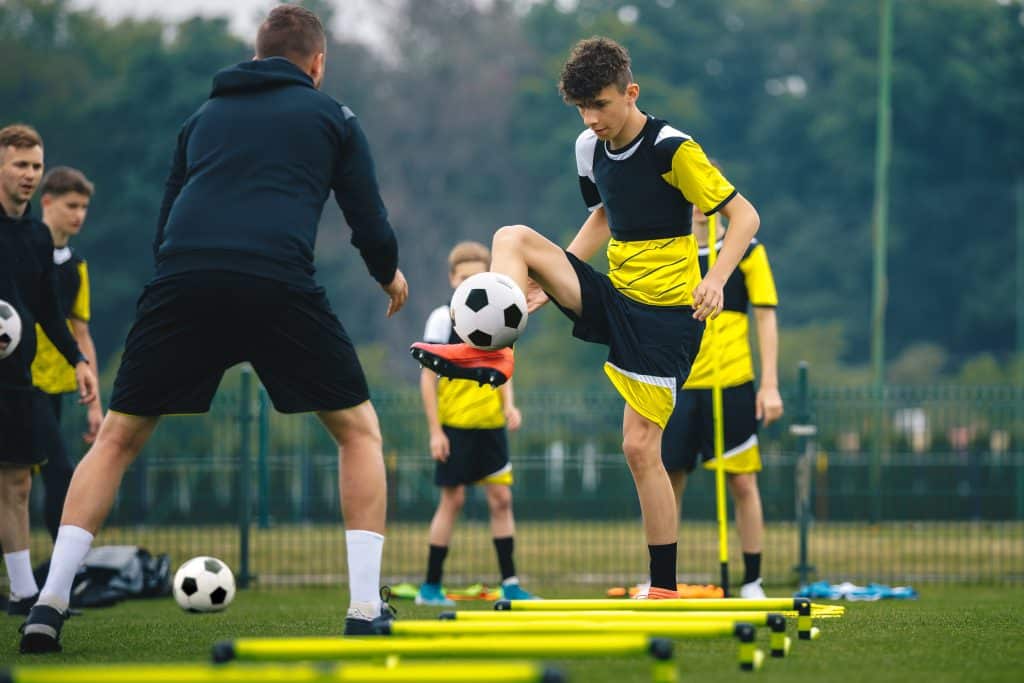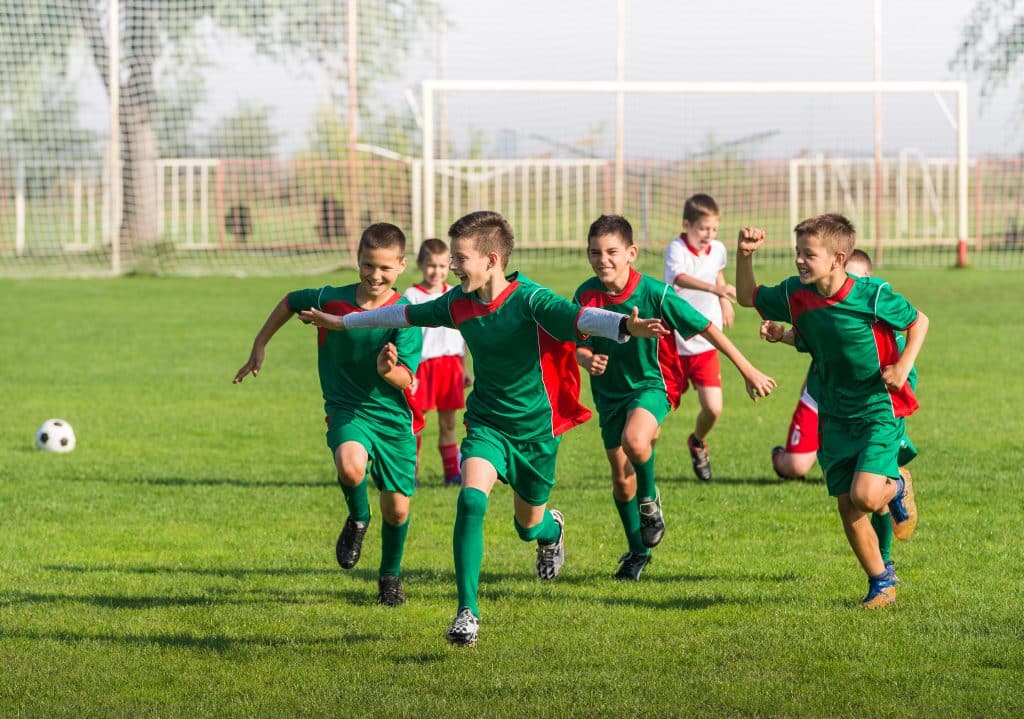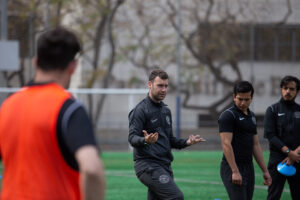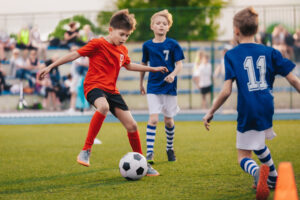Do you find it difficult to motivate your players during training sessions? Do they get distracted and you don’t know what to do? Do you think that the tasks you propose don’t motivate them enough? Here are 4 things to remember to motivate your players during training sessions.
One of the most common questions asked by coaches in training is ‘what can I do to keep my players motivated during the session? And although they often look for excuses in the players themselves (they are not interested in football, they are easily distracted, they have other priorities, etc.), the answer is in their own hands.
1. Design training sessions aligned with the player’s abilities
The player will be motivated if they train what they are interested in. Consequently, the player will be interested in whatever they are capable or almost capable of doing. Everything they are not able to learn will be out of their interests and, therefore, out of their motivation. This means that the first thing we must take into account as coaches is the content and the concepts that our players can learn and apply in the game, which will vary depending on the stage they are in.
For example, we do not advise training pressing in the very early stages, as it is a concept that involves collaboration and coordination with other teammates for which the players are not yet trained. On the other hand, we could train concepts such as individual 1v1 defending or tackling.
2. Explain the purpose behind each action
Players must understand the rationale for their actions, because when something is not understood, motivation is automatically lost. Therefore, the previously selected content must be accompanied by concepts that allow the players to understand why, when, where and how to apply it during the game. This will ensure that they understand the value of the concept.
Continuing with the example of the 1v1 individual defence, we will help the player if we explain to them that they must position their body side on, never in face on to the on-ball opponent, because it will be more difficult for them to be beaten.
Image 1. The coach explains to the players how best to perform the content during a training task.
3. Integrate emotions into your players learning process
According to current neuroscience, learning linked to emotions is much more powerful than any other. Therefore, a single repetition with a strong emotional component is more productive than 100 repetitions without any emotion. In this sense, the coach is responsible for creating situations and training tasks that allow players to learn the training content in a meaningful way, i.e. to be able to apply it in real game situations.
For example, training 1v1 defence in a direct duel situation in a reduced space does not generate the same learning as training in a 4v4 possession game where the game situations are changing. The first situation will allow us to focus more on the coordination concepts of the action (braking, distance from the on-ball opponent, approach, position of the feet, etc.), while the second situation will present tactical concepts, where the defender will have to adjust in relation to the context of the task. For this, the hand of the coach will be fundamental in order to generate the situations we are looking for for the defender..
Image 2. Global task format, where the game situations are more similar to reality, and allows the players to focus on tactical concepts of the trained content.
4. Foster fun as a driver of athletic development
If a player is having fun, they will be more open to learning. With more learning, they will compete better and be more successful. Success will lead to more fun, which in turn will lead to more learning, which will lead to better competition, and so this loop will constantly reproduce itself. This is the circle of athlete development. Therefore, we must create learning situations that allow the players to be active and to be protagonists for as long as possible during the training session. Otherwise, we run the risk of them losing interest in what we want them to learn.
Do you want to improve your training of your players?
In the Online Expert in Youth Football course, you will learn to identify the main characteristics of young players and to classify them according to their level of game understanding. All this will allow you to select the most appropriate training content according to their needs and, consequently, you will learn to design training sessions and tasks that respect and favour their learning processes in order to, in time, help develop better players.

